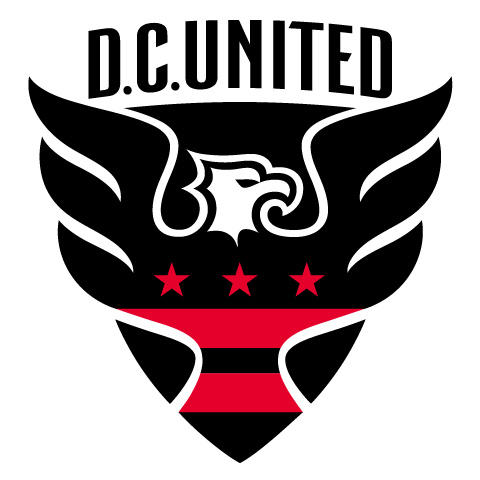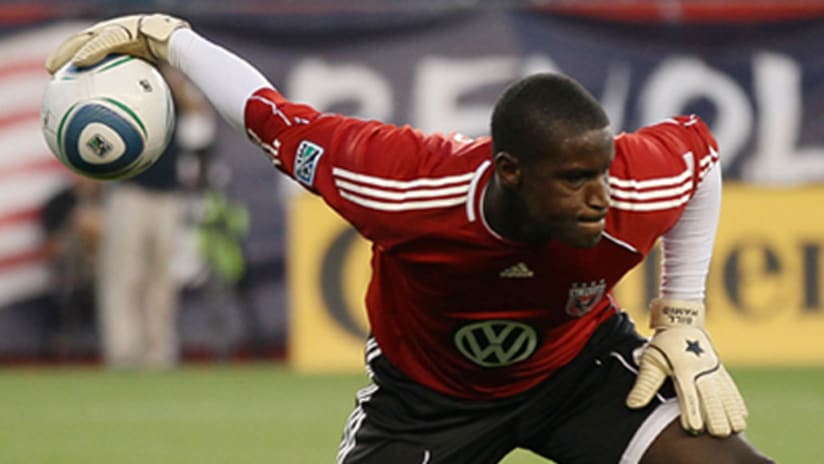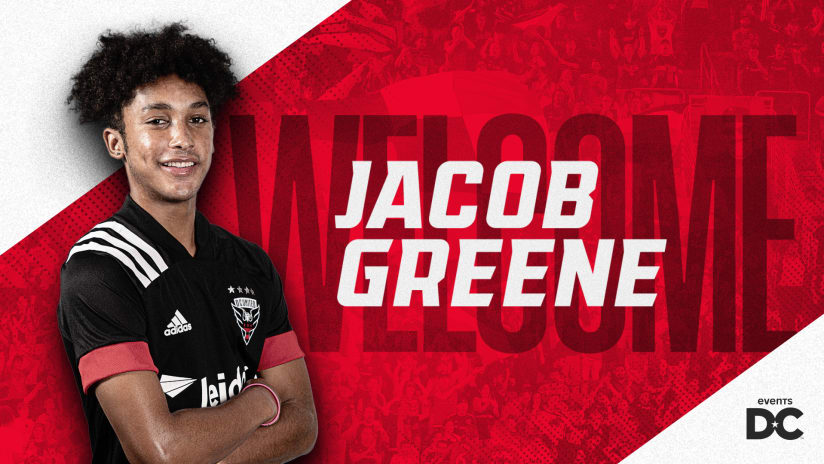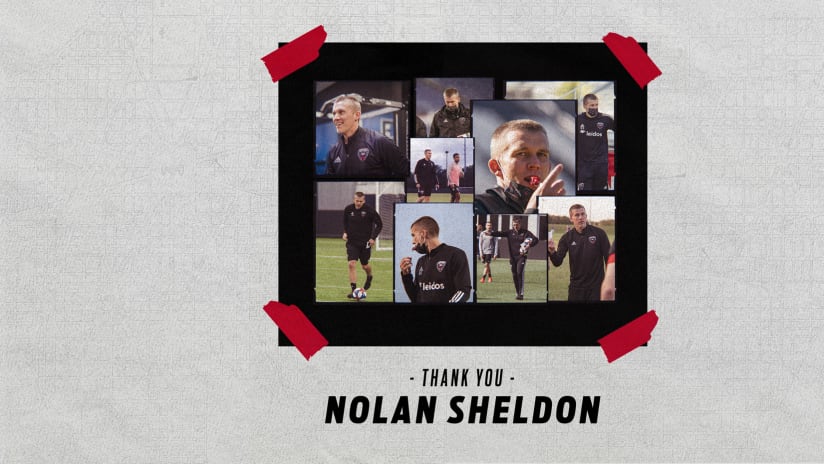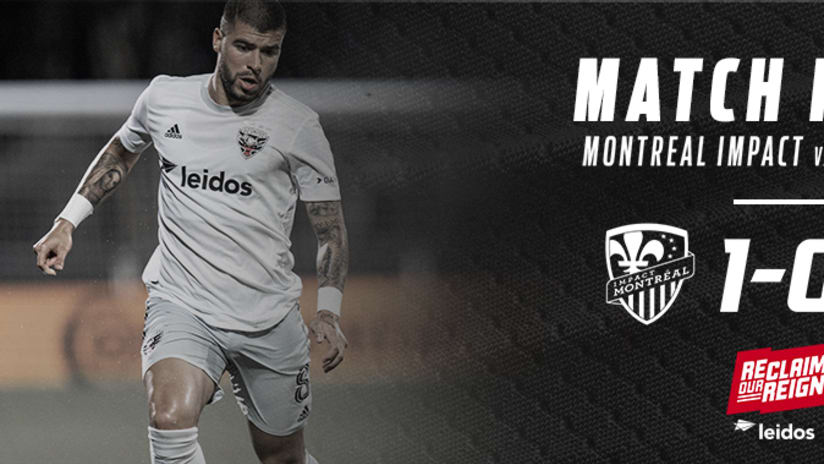WASHINGTON -- It was barely a week after his debilitating surgery, but Bill Hamid didn’t expect any sympathy from Brian Goodstein. And D.C. United’s head athletic trainer – the man who will oversee the long rehabilitation of the team’s prized young goalkeeper over the next three to five months - duly obliged.
Hamid’s arm is presently snared in a stabilizing sling, and he’s taking “good painkillers” to quiet the aching in his freshly sutured shoulder. But on Wednesday he was laboring under the hot sun at United’s training session, working through light agility exercises and riding the stationary bike that is customarily hauled out to the north goal at the RFK Stadium auxiliary field so rehabbing players can watch their teammates.
Then, as he began a media interview, the 19-year-old goalkeeper looked up to see Goodstein climb into his SUV, giving Hamid some “hard love” by leaving him behind as he and injured veteran Juan Manuel Pena drove the half-mile trip back to RFK.
“You need to walk in,” chirped Goodstein. “You can burn some calories.”
Hamid, though, sounds eager to plow through whatever tasks Goodstein and company put in front of him. The United academy product is quick to repeat the goal that he announced on Twitter shortly before last week’s surgery.
“I’m going to be ready to lead this team to a championship next season,” he reiterated Wednesday. “So I’m not resting. Even if they wanted me to rest, I’m not resting.”
Hamid surpassed all expectations in his first full season as a professional. He broke Tim Howard’s MLS record for youngest goalkeeper to notch a victory. We went neck-and-neck with veteran Troy Perkins for the starting job, playing in eight league matches with a 1.25 goals-against average.
And those achievements look even more impressive in light of the subsequent revelation that he’s been playing with some degree of shoulder damage since August 2009.
Keen to maintain the rapid progress he’s made since becoming the club’s first-ever homegrown signing last September, United’s coaching staff kept Hamid in action for as long as they could.
“It was just more of managing his pain, confidence, and strength,” said goalkeepers coach Mark Simpson. “We were trying to get him games as long as he felt like he could play games. I think it’s important for a young goalkeeper.
“In a season that has not gone so well,” Simpson added, “you want to get some of your young guys some games.”
But in the end, the problem was too much to bear. Surgery on Hamid’s torn labrum was performed last week by Dr. James Andrews, the renowned Alabama surgeon who’s worked on athletes like Peyton Manning, Charles Barkley, Jack Nicklaus and Roger Clemens.
And now it’s Hamid’s turn to endure the recovery, where he faces the grinding slog of daily rehab in order to restore his full range of motion and be fit in time to contend for the starting job next spring.
“Preseason is the goal for me,” said Hamid. “I’m looking at the calendar every day. I know for a fact that during February – well, probably late January – I definitely will be having my gloves on and doing work.”
Hamid will need to maintain that singlemindedness as he faces up to what probably ranks as the biggest challenge of his brief pro career. Restoring full function in his shoulder will require long, lonely hours of rehab over the winter, and even if he heals on schedule, he’ll have to prove himself all over again in another duel with Perkins, who already owns a well-established reputation as a training workaholic.
“Really, only time will tell,” said Simpson. “It’s all about dedication, pushing yourself sometimes beyond what [pain] you can withstand, knowing what pain is your body telling you to stop, or the pain that you can push through.
“You get to know your body pretty well, just trying to distinguish between that and trying to look at the light at the end of the tunnel,” he added. “The work that you put in during your rehab is going to get your further down the line and give you an opportunity down the line.”
